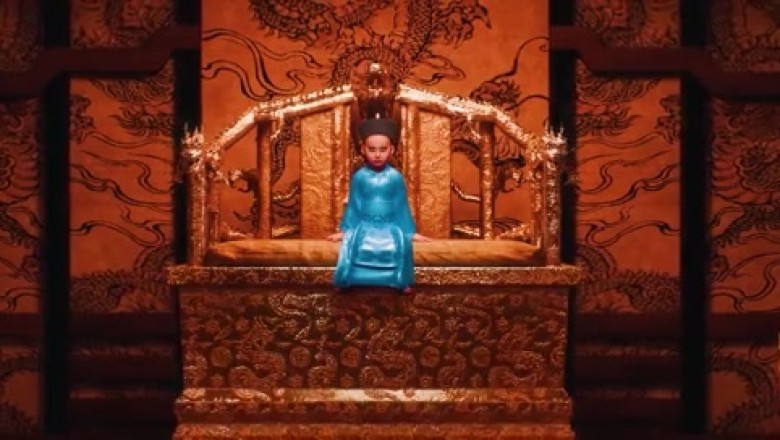
views
Nightfall in Beijing
In the year 1908, as nightfall descends over Beijing, a mysterious group departs from the Forbidden City. This official escort comprises servants, mounted Imperial Guards, and the Palace Chamberlain. They travel north until they arrive at a red-gated mansion, the home of Prince Chun. Prince Chun is not expecting visitors, but the Imperial procession is not there for him.
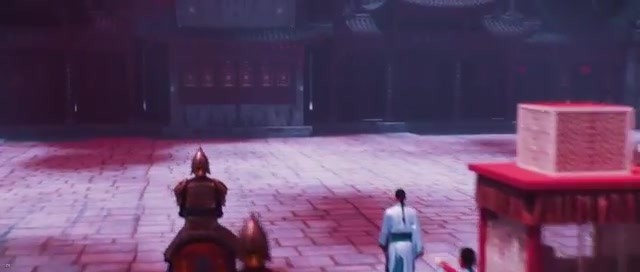
They are looking for his 2-year-old son, Pui. The little boy is afraid of the strangers and hides in a cupboard. The servants try to pull him out and carry him away, but the boy resists, screaming and sobbing. Eventually, they manage to calm him down and take him back to the Forbidden City. This little 2-year-old boy has just been chosen to rule China. His name is Pui, and he is going to be the next emperor of the Qing dynasty, regarded by the Chinese people as a living god.
The Abduction of Pui
The servants, mounted Imperial Guards, and the Palace Chamberlain form an imposing procession as they leave the Forbidden City under the cover of night. Their lanterns cast eerie shadows on the cobblestone streets, creating an atmosphere of mystery and urgency. Prince Chun, unaware of their arrival, is taken aback as the procession stops at his red-gated mansion.
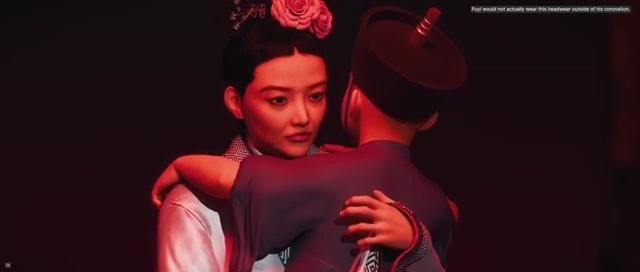
The group's leader, the Palace Chamberlain, steps forward and announces their purpose: they have come to take Prince Chun's 2-year-old son, Pui, to the Forbidden City. The young boy, sensing the tension and fear in the air, hides in a cupboard, his small body trembling. The servants, with gentle but firm hands, coax him out. Pui's cries echo through the mansion as he is carried away, his tiny fists clutching at the servants' robes.
The Coronation Ceremony
The coronation ceremony of young Pui is a grand and intimidating affair. The vast halls of the Forbidden City are filled with ministers, palace guards, officers, and other officials, all dressed in their finest robes. They approach the young emperor and perform a ritual bow, kneeling three times and touching their heads to the ground nine times in a gesture of ultimate respect known as the kowtow.
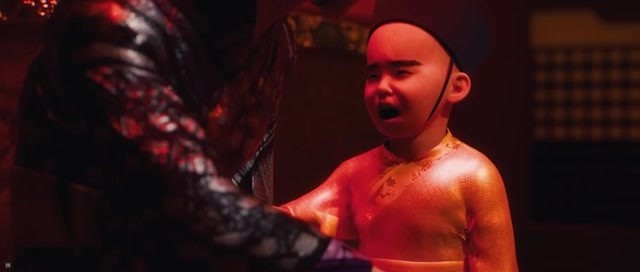
Each man pledges his allegiance to the new emperor, but the words and rituals are incomprehensible and frightening to the 2-year-old boy. Pui, dressed in elaborate and heavy ceremonial robes, sits on the throne, his small frame dwarfed by the grandeur around him. The absence of his wet nurse, the one person who could comfort him, makes the experience even more overwhelming. The cold, vast hall and the strange, solemn faces around him make him feel isolated and scared.
The Absence of Comfort
Pui's wet nurse, the one person who could soothe him, is conspicuously absent from the coronation ceremony. Instead, Nurse Wang, her replacement, is tasked with caring for the young emperor. She plays with him, breastfeeds him, and sleeps next to him, becoming his main source of comfort and companionship. However, even she is excluded from the grand ceremony, leaving Pui feeling abandoned and alone amidst the sea of unfamiliar faces. The cold, vast hall of the Forbidden City offers no warmth or solace to the young boy.
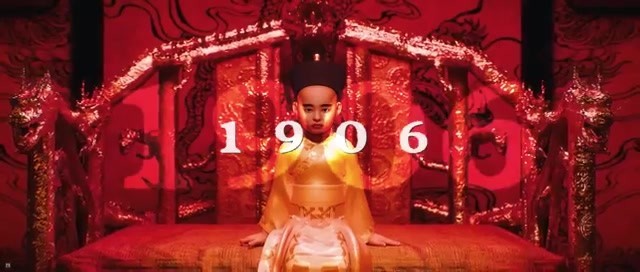
He fidgets on the throne, his small body shivering in the freezing environment. The grandeur and formality of the occasion are lost on him; all he wants is the familiar embrace of his wet nurse. His father, Prince Chun, desperate for the ceremony to go smoothly, tries to soothe him, but his words fall short. The palace staff, overhearing Prince Chun's reassurances, interpret them as a grim prophecy about the future of Pui's reign and the fate of the Qing dynasty.
The Qing Dynasty
The Qing dynasty, established in 1644 after the Manchu people overthrew the Han people, was one of the most significant and powerful dynasties in Chinese history. At its peak in 1790, the Qing dynasty ruled over vast territories, making it the fourth largest dynasty of all time. By the time of Pui's coronation, China was home to more citizens than any other country, and the emperor's power was theoretically limitless.
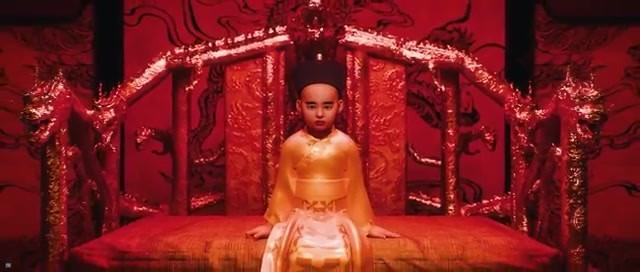
However, the reality was far more complex. Internal power struggles and external pressures had weakened the dynasty significantly. The once-mighty Qing Empire was now a shadow of its former self, struggling to maintain its grip on power. The coronation of a 2-year-old emperor was a stark indication of the dynasty's decline, a desperate move to maintain control amidst growing unrest and dissatisfaction among the populace.
The Power of the Emperor
On paper, the Qing Emperor was the most powerful figure in China, with authority that was virtually limitless. In reality, however, the emperor's power had been eroded by years of internal strife and external pressures. The once-mighty Qing dynasty was now a fragile entity, struggling to maintain its grip on a vast and restless empire. The decision to place a 2-year-old boy on the throne was a desperate move, reflecting the dynasty's weakened state.
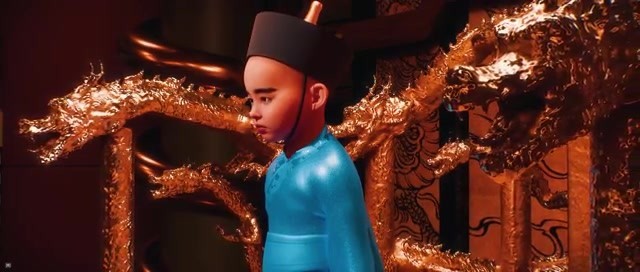
Pui, oblivious to the political machinations surrounding his ascension, was merely a pawn in a larger game of power and control. The true power lay with the Empress Dowager Tsuchi, also known as the Dragon Lady, who had effectively ruled China for nearly 50 years. Her choice of Pui as the new emperor was strategic, ensuring that she could continue to wield power through a puppet ruler.
The Dragon Lady
Empress Dowager Tsuchi, known as the Dragon Lady, was a formidable and cunning figure in Chinese history. As a teenager, she was chosen to be a concubine of the emperor. After his death, she seized control of the empire and ruled China with an iron fist for nearly 50 years. To maintain her power, she installed underage boys as puppet emperors, manipulating them to serve her interests.
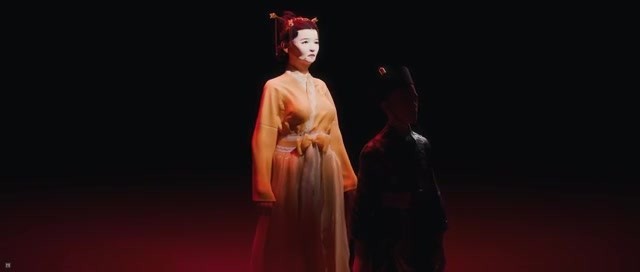
As the last of these puppet emperors grew older and began to assert his own authority, tensions arose within the palace. Tsuchi, now aging and ailing, faced the imminent death of her latest puppet and the urgent need to secure her power once again. Her solution was to place another young boy, Pui, on the throne, ensuring that she could continue to rule through a malleable and controllable figure. Her health was deteriorating, and the pressures of ruling a weakened and oppressed China were taking their toll.
A Nation in Debt
China, under the rule of the Qing dynasty, was a nation burdened by debt and weakened by internal strife and external pressures. The once-mighty empire had lost wars, territory, and resources, leaving it a shadow of its former self. The Empress Dowager Tsuchi, desperate to maintain her grip on power, had allowed foreign forces to claim valuable territories and resources as partial payment for China's debts.
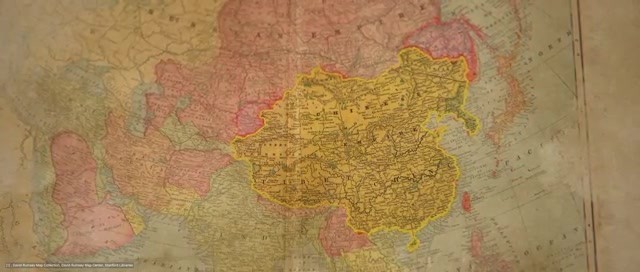
The population was oppressed, and the Forbidden City had become a place of intrigue and conspiracy. Tsuchi's health was failing, and she urgently needed a new puppet emperor to secure her legacy. Prince Chun, Pui's father, was loyal to Tsuchi and incompetent, making him the perfect choice as regent for the young emperor. The stage was set for a dramatic and turbulent period in Chinese history, with the young Pui at its center.
Prince Chun's Loyalty
Prince Chun, Pui's father, was a man of limited abilities but unwavering loyalty to the Empress Dowager Tsuchi. His incompetence made him an ideal candidate to serve as regent for his young son, ensuring that Tsuchi could continue to wield power behind the scenes. The sudden death of the previous puppet emperor, rumored to have been poisoned, left a void that Pui was hastily chosen to fill. Tsuchi's own health was failing, and the pressures of ruling a weakened and oppressed China were taking their toll.
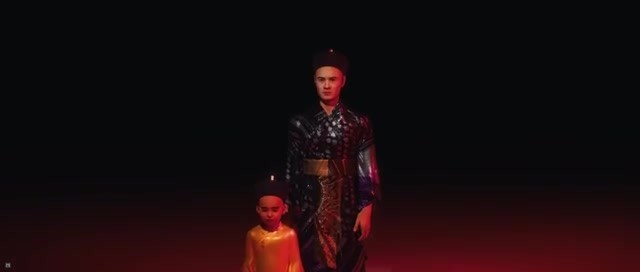
The Forbidden City, once a symbol of imperial might, had become a place of intrigue and desperation. Prince Chun, aware of the precariousness of their situation, was determined to ensure that Pui's coronation went smoothly. His reassurances to his son, however, were interpreted by the palace staff as a grim prophecy about the future of the Qing dynasty.
A Living God
Pui's coronation marked the beginning of a new and tumultuous chapter in his young life. To everyone he encountered, he was no longer an ordinary toddler but a living god, the emperor of China. The grandeur and formality of his new role were lost on the young boy, who only knew that he had been taken away from his mother and placed in a strange and frightening environment. The true extent of his power and the responsibilities that came with it were beyond his comprehension.
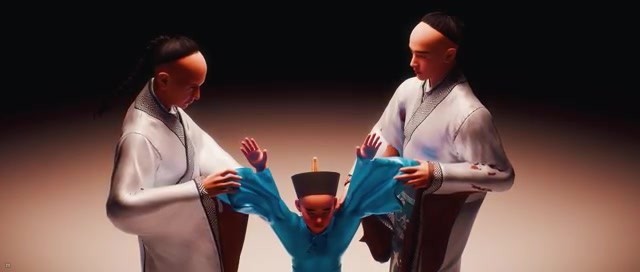
He was a symbol, a figurehead, a living god in the eyes of his subjects, but to himself, he was just a scared and confused little boy. The weight of the crown and the expectations placed upon him were burdens that he was far too young to bear. His life, from that moment on, would be one of isolation, intrigue, and the constant struggle to make sense of the world around him.
Life in the Forbidden City
Three years after his coronation, Pui's life in the Forbidden City had become a routine of rigid customs and oppressive traditions. At five years old, he awoke each morning on a massive kang, a platform bed where he slept every night, snuggled against Nurse Wang, his primary source of comfort and companionship. His days were dictated by the strict protocols of the imperial court.
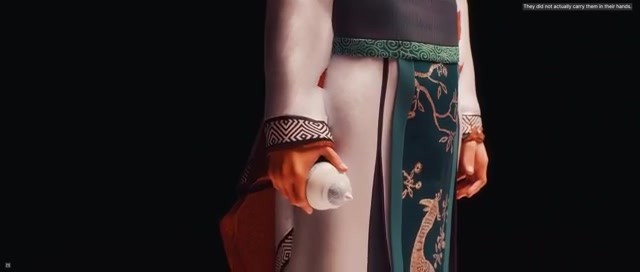
Custom dictated that the clothes he wore must never have been worn before, and his outfits from the previous day were disposed of, a symbol of the extravagance and excess of his position. He was not allowed to dress himself; that task, like so many others, was performed by the eunuchs, the servants of the imperial court who had been castrated to ensure the emperor's bloodline remained pure. They were his constant companions, attending to his every need and whim, yet their presence was a reminder of the isolation and strangeness of his existence.
The Eunuchs
The eunuchs were an ever-present and peculiar aspect of Pui's life in the Forbidden City. Castrated to serve in the imperial court, they were a symbol of the extremes to which the dynasty went to maintain its power and purity. They wore distinctive hairstyles and were not allowed to look directly at the emperor, a sign of their subservient status. The eunuchs of the imperial presence were the only ones permitted to look at Pui, while all others had to avert their gaze or look at the ground.
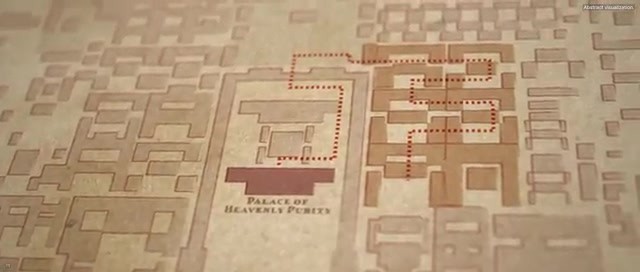
Their high-pitched voices, a result of being castrated before puberty, added to the surreal and otherworldly atmosphere of the palace. They carried their removed genitals in small jars filled with salt water, a tradition dictated by the belief that a person couldn't reach heaven if they weren't buried whole. The eunuchs were a constant and unsettling presence in Pui's life, a reminder of the strange and isolated world in which he lived.
The Emperor's Procession
Whenever Pui ventured out of the confines of the Forbidden City, he was accompanied by a grand and elaborate procession. Dozens of eunuchs walked with him, each with a specific role and purpose. One eunuch would walk 30 yards ahead, warning people to make way for the emperor. Two chief eunuchs would walk on either side of the path, followed by Pui himself, with two junior eunuchs attending him. Behind them came eunuchs of the Imperial Presence, carrying clothing, a parasol, and a canopy to shield the emperor from the elements.
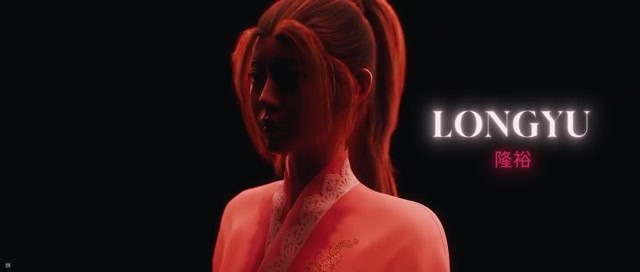
More eunuchs followed, carrying boxes of cakes and delicacies, while others from the Imperial Dispensary carried chamber pots and commodes. If Pui needed to use the toilet during the procession, the eunuchs would rush forward with a chamber pot and then rush away with it, a bizarre and humiliating aspect of his public appearances. The procession was a display of the emperor's power and importance, but to Pui, it was often bewildering and tedious.
The Eastern Palaces
One of Pui's duties as emperor was to pay visits to the Eastern Palaces, where his other mothers lived. These were five women who had been married to or were concubines of the two previous emperors. The visits were a formal and ritualistic affair, with each mother asking after Pui's health, though their concern was often more performative than genuine. Long Yu, the widow of the poisoned emperor Guang Xu and Prince Chun's co-regent, held considerable power over Pui.
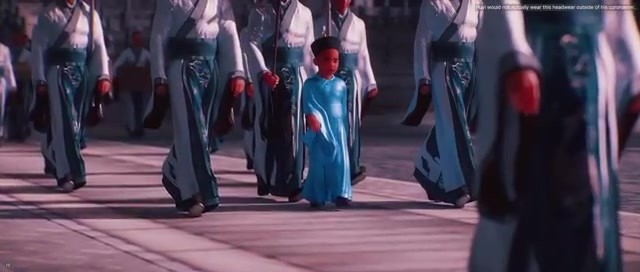
She believed in keeping little boys in good health by half-starving them, a philosophy that Pui came to despise. The Eastern Palaces were a place of tension and intrigue, a microcosm of the larger struggles and machinations of the Forbidden City. Pui's visits were a reminder of the complex and often hostile relationships that defined his life as emperor.
Pui's Wrath
Pui's life in the Forbidden City was marked by moments of cruelty and caprice, a reflection of the power he wielded and the isolation he endured. On one occasion, during a visit to the Eastern Palaces, Pui was in a particularly bad mood. Two of the eunuchs had offended him, though the exact nature of their transgression was unclear. Regardless, Pui demanded that they be flogged as punishment.
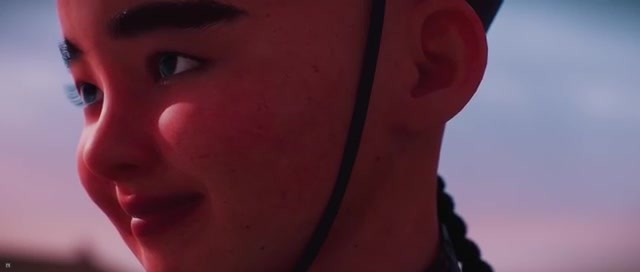
The two offending eunuchs were made to expose their bottoms, and two other eunuchs came forward with sticks to carry out the beating. Pui watched the scene with delight in his eyes, a chilling display of his power and the arbitrary nature of his rule. The incident was a stark reminder of the young emperor's capacity for cruelty and the strange and often brutal world in which he lived.
The Hall of Supreme Harmony
The Hall of Supreme Harmony was the setting for some of the most tedious and bewildering aspects of Pui's life as emperor. Here, he would listen as court officials droned on and on about matters of state, their words and concerns incomprehensible to the young boy. They would present him with documents requiring the imperial seal, a task he performed under the supervision of his tutors and the palace chamberlain.
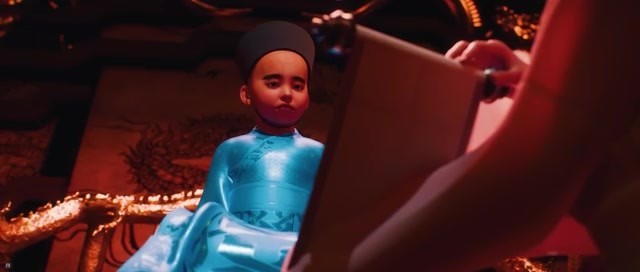
The proceedings were often boring and confusing, with Prince Chun, as regent, holding the real power and making the actual decisions. Pui's role was largely ceremonial, a fact that frustrated and bored him. The Hall of Supreme Harmony, with its grandeur and formality, was a place of duty and tedium, a stark contrast to the moments of caprice and cruelty that marked other aspects of his life.
Entertainment for the Emperor
After the tedious proceedings in the Hall of Supreme Harmony, Pui sought entertainment and distraction. The eunuchs, ever-present and attentive, were tasked with providing amusement for the young emperor. One of his favorite eunuchs would put on puppet shows, a form of entertainment that Pui loved. On one occasion, inspired by the performance, Pui came up with an idea to reward the puppet master with a cake.
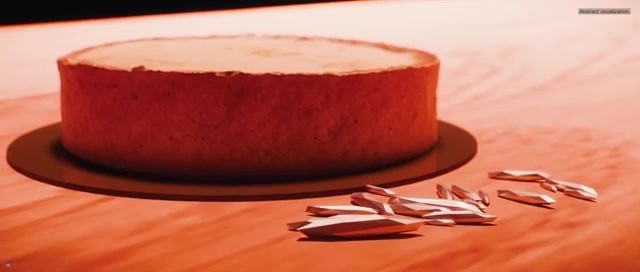
However, his plan took a dark turn when he asked Nurse Wang to fill the cake with sharp pieces of metal, wanting to see what the eunuch would look like when he ate it. Nurse Wang, horrified by the request, managed to convince him to use dried beans instead. The incident was a chilling reminder of Pui's capacity for cruelty and the strange and often disturbing nature of his existence in the Forbidden City.
Pui's Pranks
Pui's life in the Forbidden City was marked by moments of boredom and caprice, leading him to engage in pranks and mischief. On one occasion, seeking a target for his air gun, he chose the eunuchs, finding amusement in their reactions. However, the novelty of the activity soon wore off, and he found himself bored once again. His eyes then fell on a piece of dirt on the floor, and he commanded one of the eunuchs to eat it, a bizarre and humiliating order that the eunuch had no choice but to obey.
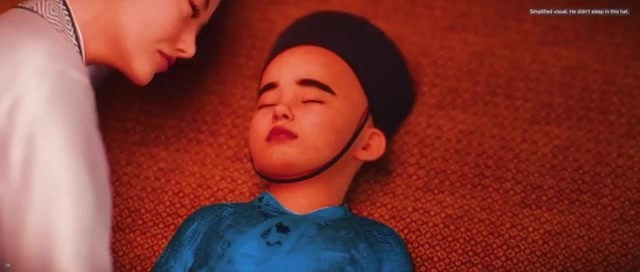
The incident was a display of Pui's power and the arbitrary nature of his rule, a reminder of the strange and often disturbing world in which he lived. His pranks and mischief were a reflection of his isolation and the lack of genuine companionship and understanding in his life.
Nighttime Comfort
At night, in the arms of Nurse Wang, Pui found a semblance of comfort and security. The darkness of the night provided a respite from the grandeur and formality of his life as emperor, a time when he could be a child and not a living god. He would sometimes miss his biological mother, but his memories of her were already hazy, a testament to the isolation and separation that marked his existence.
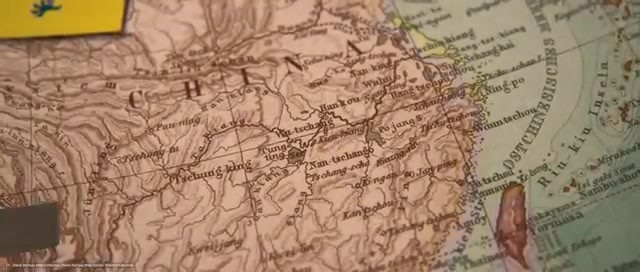
He wouldn't be allowed to see her again until he was 13, a reminder of the strict and often cruel protocols that governed his life. The nights were a time of solace and comfort, a brief escape from the burdens and expectations of his role as emperor.
The Wuchang Uprising
Beyond the walls of the Forbidden City, China was in a state of turmoil and unrest. In October 1911, in the city of Wuchang, a group of soldiers mutinied, turning against their corrupt generals and sparking a full-blown rebellion against the Qing dynasty. The Chinese people, fed up with the dynasty's rule and the incursions of Western powers, began to dream of a more unified and independent republic. The uprising spread across the country, gaining momentum and support.
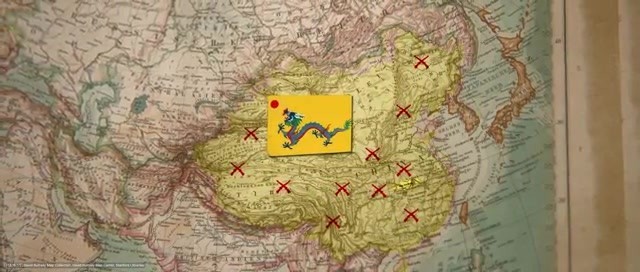
The Imperial Army, faced with the growing rebellion, eventually sided with the revolutionaries, leaving the dynasty without military defense. The Wuchang Uprising was a pivotal moment in Chinese history, marking the beginning of the end for the Qing dynasty and the start of a new and tumultuous chapter for the nation.
The Fall of the Qing Dynasty
By February 1912, the Qing dynasty's grip on power had significantly weakened. Prince Chun, serving as regent for the young emperor Pui, renounced his position, and Empress Dowager Long Yu stepped down, agreeing to Pui's abdication. The Qing dynasty, which had ruled China for over 260 years, was no more. The nation was now a republic, with a new and uncertain future ahead.
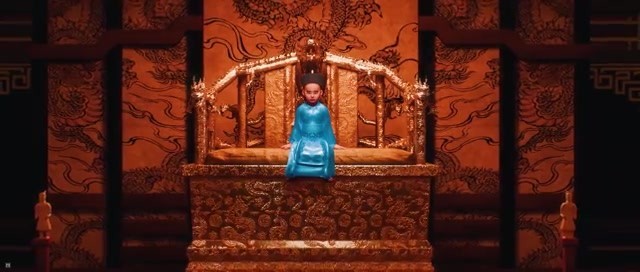
The fall of the Qing dynasty marked the end of an era and the beginning of a new and tumultuous chapter in Chinese history. The once-mighty empire was now a republic, facing the challenges and opportunities of a new political landscape. The transition was not smooth, and the nation was plagued by internal strife and external pressures, but the fall of the Qing dynasty was a pivotal moment, a turning point that would shape the nation's future.
A New Era
The fall of the Qing dynasty and the establishment of a republic marked the beginning of a new era for China. The nation, now free from the rule of emperors, faced the challenges and opportunities of a new political landscape. The transition was not smooth, and the country was plagued by internal strife and external pressures. However, the fall of the Qing dynasty was a pivotal moment, a turning point that would shape the nation's future.

The new era was marked by a sense of possibility and uncertainty, a time of change and transformation. The Chinese people, long oppressed and controlled, began to dream of a new and better future, a nation united and independent. The fall of the Qing dynasty was the end of an era and the beginning of a new chapter, a time of hope and challenge for China.
Life After Abdication
Even after his abdication, Pui continued to live in the Forbidden City, a symbol of the past amidst the changes and transformations of the new era. He was allowed to keep his personal fortune and received an annual allowance, a reminder of his former status and power. However, his life was now markedly different, a shadow of his former existence. The Forbidden City, once a place of grandeur and power, had become a golden cage, a reminder of the past and the changes that had taken place.
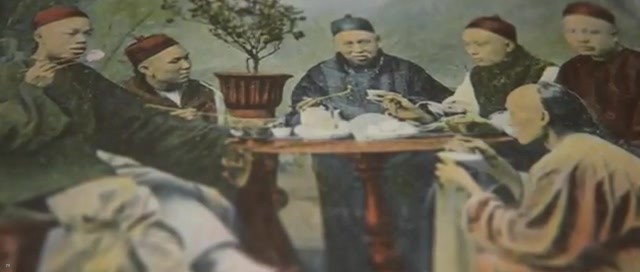
Pui's life after abdication was marked by a sense of loss and transformation, a time of adjustment and reflection. He was no longer the emperor, but the memories and remnants of his former life were ever-present, a constant reminder of the changes and challenges of the new era.
Reginald Johnston
Eight years after Pui's abdication, a well-dressed British gentleman named Reginald Johnston entered the Forbidden City. Johnston was a respected Chinese linguist, poet, and calligrapher, and he was to become the English teacher of China's former emperor. However, Johnston's influence on Pui went beyond language and literature. He secretly taught Pui Western history and philosophy, introducing him to new ideas and perspectives.
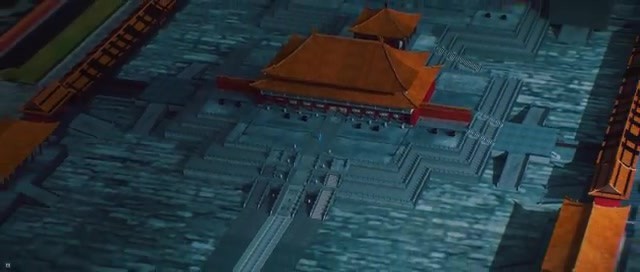
Under Johnston's tutelage, Pui began to change, adopting Western customs and attitudes. He cut off his queue, a traditional hairstyle, and started dressing like an English gentleman. He began speaking a mix of English and Chinese and adopted the name Henry. Johnston's influence on Pui was significant, marking a transformation in the former emperor's life and outlook.
Pui's Transformation
Under the influence of Reginald Johnston, Pui underwent a significant transformation. He adopted Western customs and attitudes, cutting off his queue and dressing like an English gentleman. He began speaking a mix of English and Chinese and took on the name Henry. Pui's transformation was a reflection of the changes and influences of the new era, a time of Westernization and modernization.
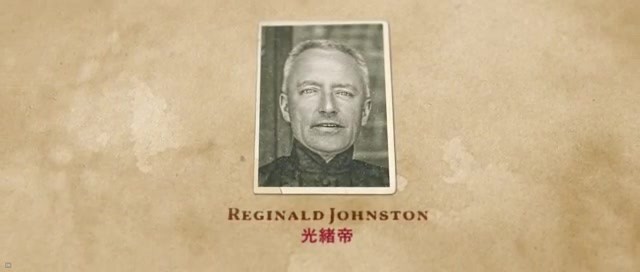
He became obsessed with Western inventions and customs, such as the telephone, and began to dream of leaving China to study at Oxford, like his teacher. Pui's transformation was a symbol of the changes and challenges of the new era, a time of Western influence and Chinese adaptation.
Pui's Obsession
Pui's fascination with Western culture and inventions grew into an obsession. He became particularly enamored with the telephone, a strange and wondrous device that connected people across distances. He would make calls to people in Beijing, hanging up before announcing who it was, a playful and mischievous use of the new technology.
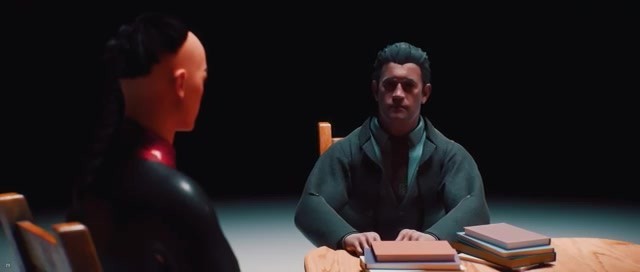
His obsession with the telephone was a reflection of his fascination with the West and its inventions, a symbol of the changes and influences of the new era. Pui's life in the Forbidden City, once a place of isolation and tradition, was now marked by Western influences and modernizations, a transformation that reflected the broader changes and challenges of the time.
Escape Attempt
Inspired by his dreams of the West and his fascination with Western culture, Pui attempted to escape the confines of the Forbidden City. On June 3, 1922, he asked Reginald Johnston to help him sneak out, hoping to make his way to Oxford and the life he dreamed of. However, Johnston, the man who had inspired these dreams, refused.
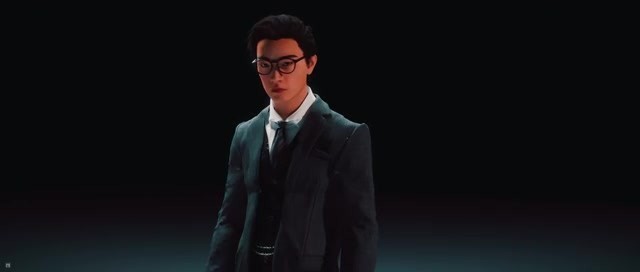
His position and status were tied to his role as Pui's teacher, and he was unwilling to risk it. Pui's attempt to escape was a reflection of his desires and frustrations, a symbol of his longing for a different life and the challenges and limitations of his existence in the Forbidden City.
The Dowager Consorts' Plan
The dowager consorts, the women who had once held power and influence in the Forbidden City, were determined to maintain their status and control. They devised a plan to ensure that Pui remained in the Forbidden City, unable to escape or assert his independence. Their plan involved arranging a marriage for Pui, a union that would tie him to the traditions and expectations of his former life.
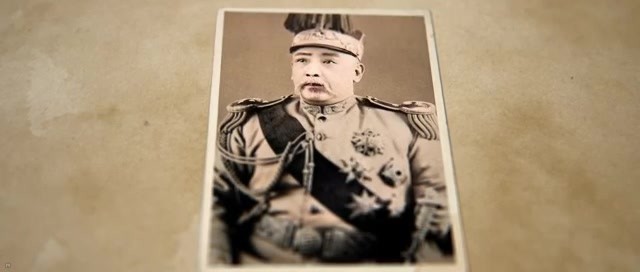
The dowager consorts presented Pui with four photographs of potential brides, a choice that would shape his future and ensure his continued presence in the Forbidden City. The plan was a reflection of the dowager consorts' desires and fears, a symbol of their determination to maintain their power and influence in the changing landscape of the new era.
Choosing a Bride
Pui, presented with the photographs of potential brides, was faced with a decision that would shape his future and his life in the Forbidden City. The photographs were small, and the faces of the women were difficult to see, a reflection of the distance and separation of his existence. He drew a circle around one of the photographs, a 12-year-old Manchu girl named Wio. However, the dowager consorts did not consider her a suitable first choice, as she was an aristocrat but too poor to be empress.
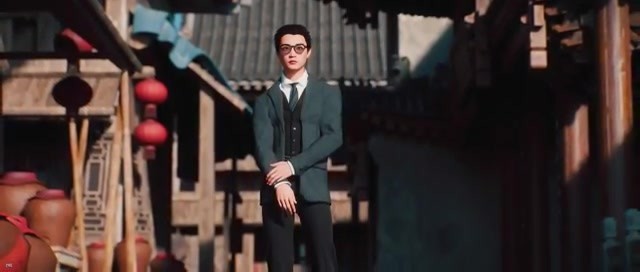
Pui chose again, this time pointing to a 15-year-old girl from a prominent rich family, Wan Rong. The dowager consorts were pleased with his choice, a union that would tie him to the traditions and expectations of his former life. The decision was a reflection of the complexities and challenges of his existence, a symbol of the changes and influences of the new era.
Wedding Night
On his wedding night, Pui was faced with the realities and expectations of his new life. He was with his empress wife for the first time, a moment marked by confusion and uncertainty. He had no experience with women and did not know how to consummate the marriage, a reflection of his isolation and lack of understanding.
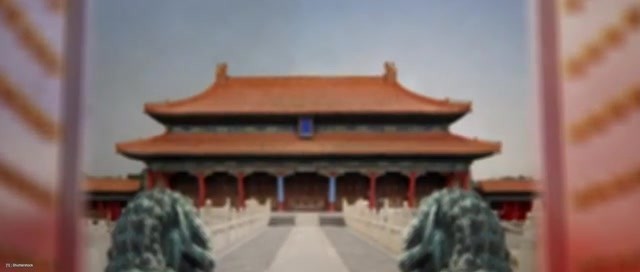
He panicked and ran away, a symbol of his fears and frustrations. The incident was a reminder of the challenges and complexities of his existence, a life marked by isolation and change. Pui's wedding night was a pivotal moment, a reflection of the transformations and struggles of his life in the new era.














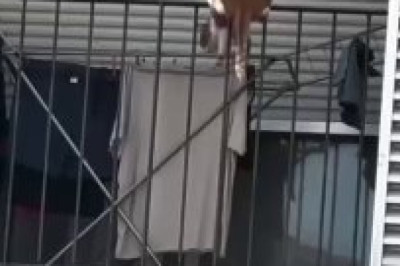


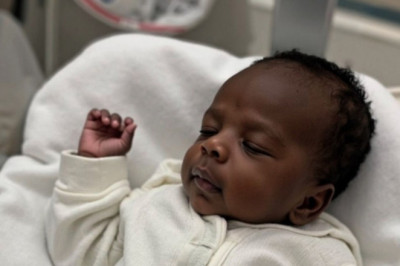


Comments
0 comment